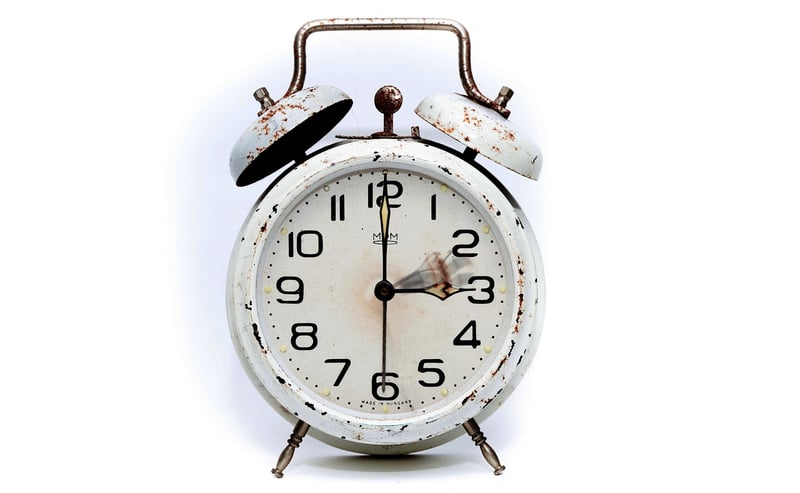Time Paradoxes
Common Inquiries About Time Paradoxes
Introduction
Time paradoxes have long been a fascinating subject that captivates the minds of many. Delving into the complexities of time travel and causality, these paradoxes often spark curiosity and contemplation. Here, we explore some common inquiries regarding time paradoxes.
1. What is a Time Paradox?
A time paradox refers to a situation in which the past, present, and future become intertwined in a way that defies the conventional flow of time. It often involves events that create contradictory or illogical outcomes, challenging our understanding of cause and effect.
2. Famous Time Paradox Examples
One of the most famous time paradoxes is the grandfather paradox, where a time traveler goes back in time and prevents their grandfather from meeting their grandmother, thus preventing their own birth. This creates a paradox - if the time traveler was never born, how could they go back in time to prevent their birth?
2.1 Image: Grandfather Paradox

3. Can Time Paradoxes Exist in Reality?
The concept of time paradoxes is largely theoretical and remains a subject of debate among physicists and philosophers. While the laws of physics as we understand them suggest that time paradoxes are unlikely in reality, the idea continues to inspire creative works in science fiction.
4. Time Travel Theories
Various theories have been proposed to address time travel and its implications, such as the Novikov self-consistency principle, which posits that any actions taken by a time traveler in the past must be consistent with the timeline they originated from to avoid paradoxes.
5. Conclusion
Time paradoxes offer a glimpse into the intriguing realm of temporal anomalies and the intricate nature of causality. While they may remain largely theoretical, their exploration continues to stimulate our imagination and provoke thought on the nature of time itself.
